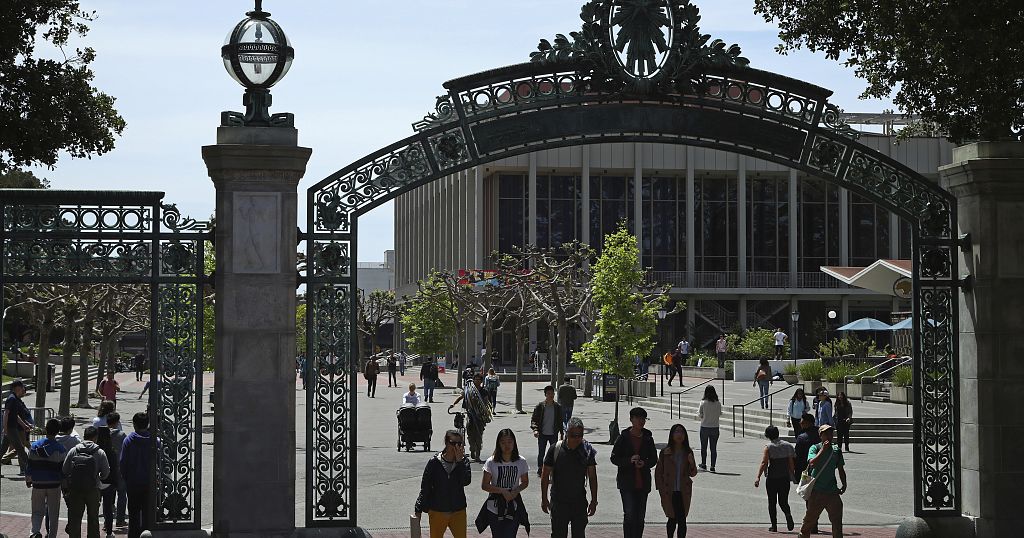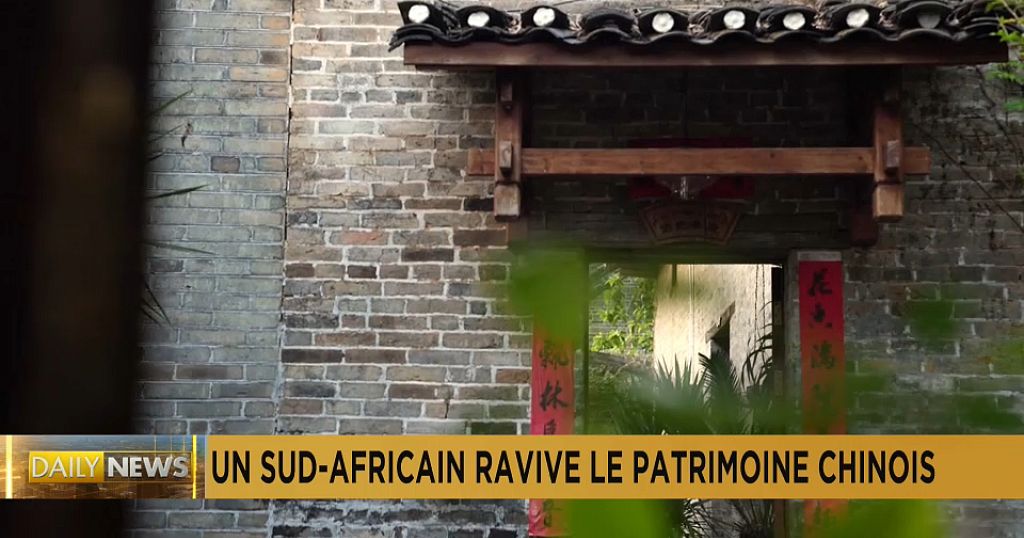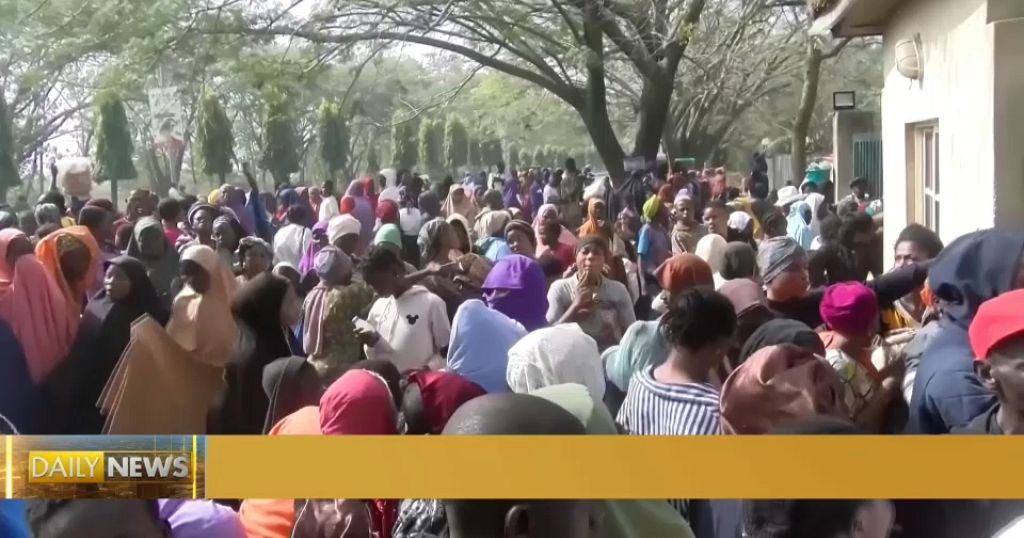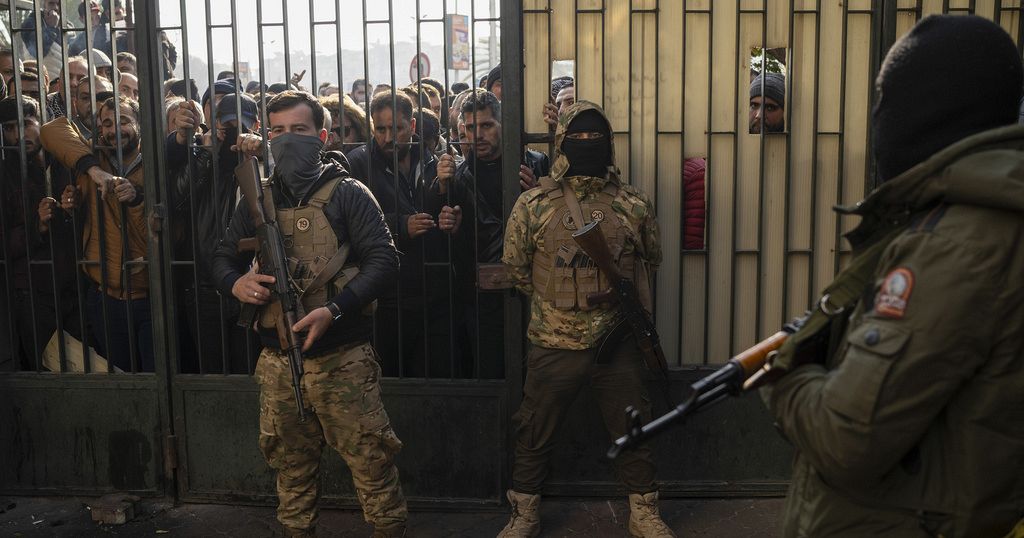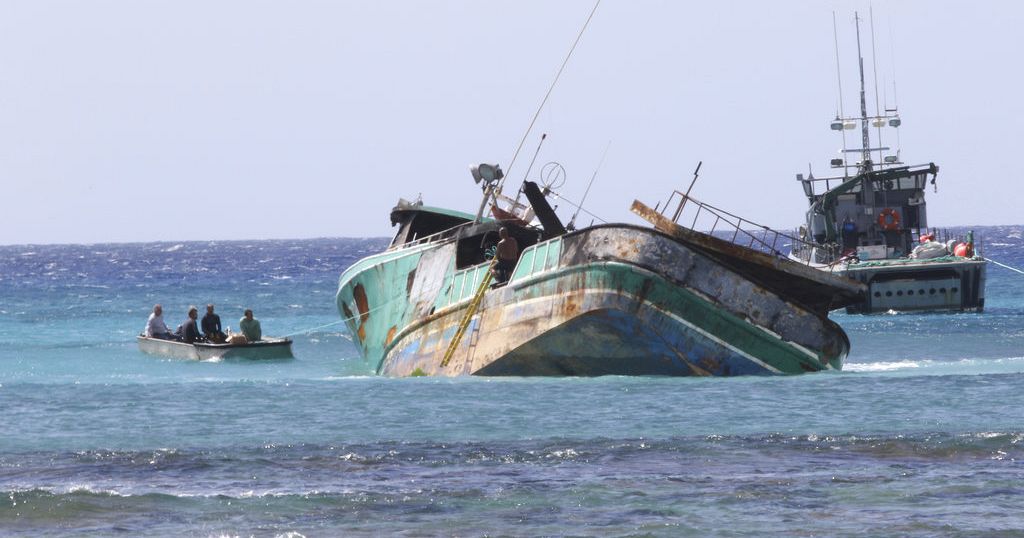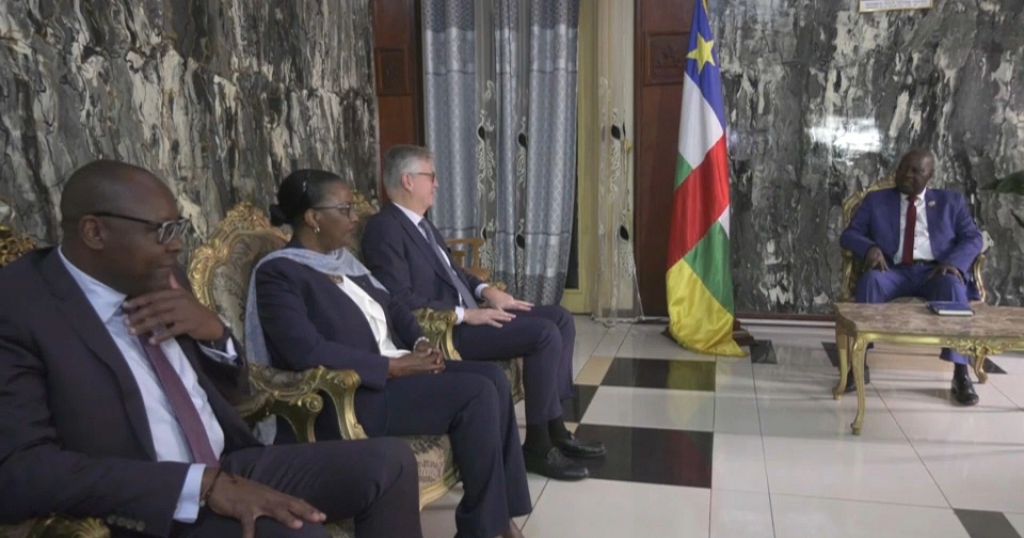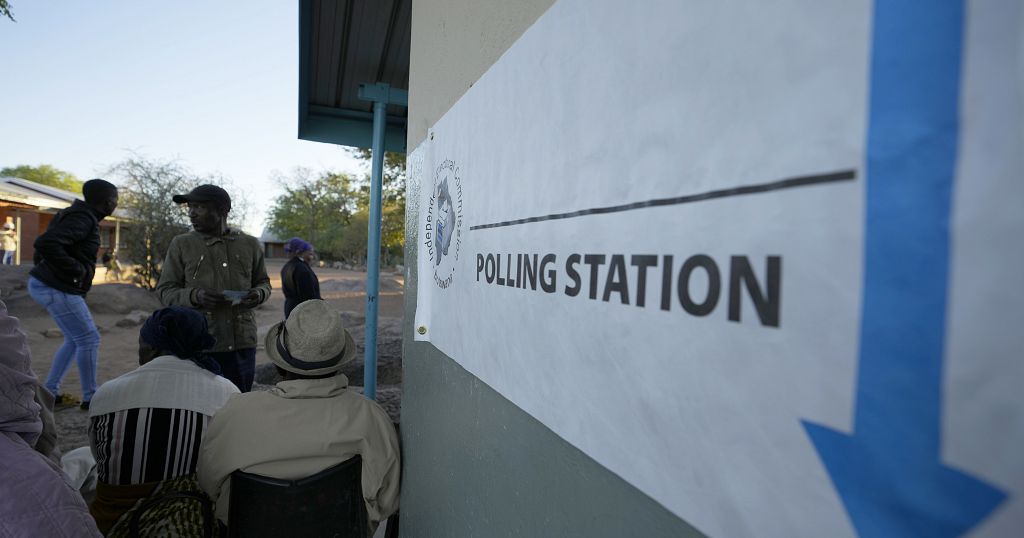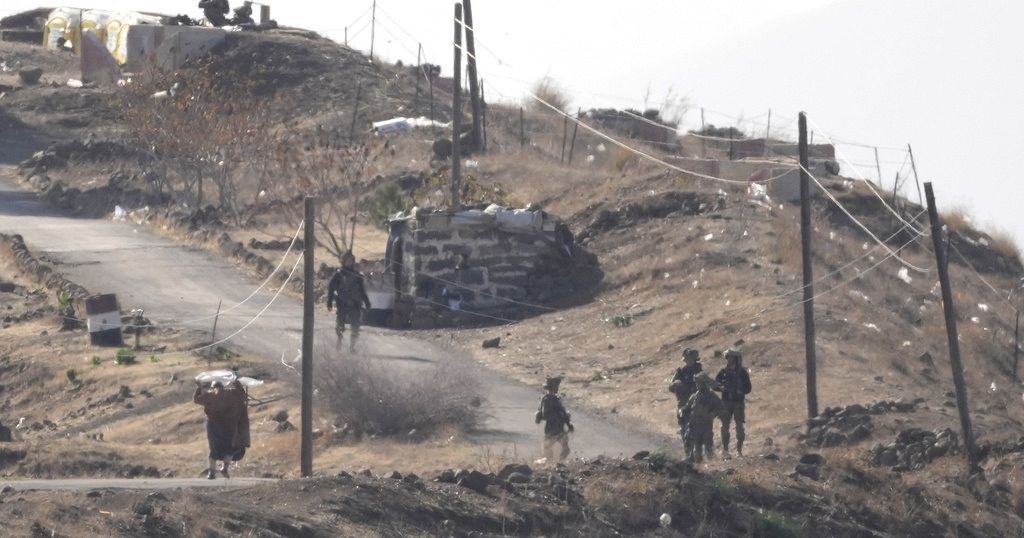Niger’s post-coup PM hopes for ‘agreement’ with ECOWAS
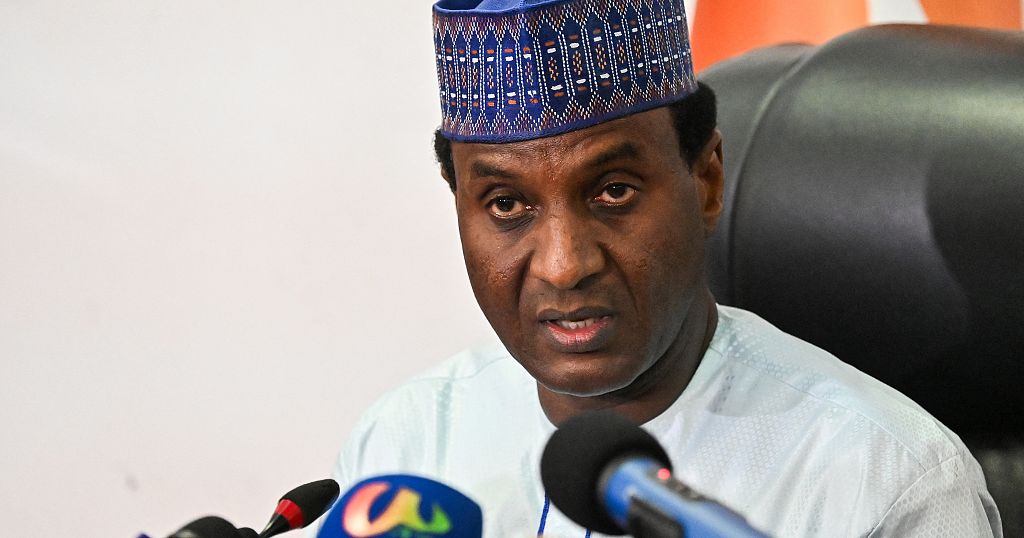
Niger’s military-appointed prime minister on Monday said he saw hopes of a deal with the West African bloc ECOWAS, which has threatened to use force to restore civilian rule after a coup in July.
“We have not stopped contacts with ECOWAS, we are continuing contacts. We have good hopes of reaching an agreement in the coming days,” Prime Minister Ali Mahaman Lamine Zeine told a press conference in Niamey.
ECOWAS — the Economic Community of West African States — has imposed hefty sanctions against Niger after rebel soldiers on July 26 overthrew Mohamed Bazoum, the country’s democratically-elected president.
It has also warned several times of intervening militarily to reinstate Bazoum, but only if peaceful attempts to resolve the crisis fail.
“We are bracing to be attacked at any time. Every preparation has been taken. It would be an unjust war. We are determined to defend ourselves if there is an attack,” Zeine told reporters.
A key question in the crisis is a timeline for returning to civilian rule.
Nigerian President Bola Tinubu — who is also the current chairman of ECOWAS — last Thursday suggested a nine-month period such as his country underwent in the late 1990s.
“The president sees no reason why such cannot be replicated in Niger, if Niger’s military authorities are sincere,” the Nigerian presidency said in a statement.
Algeria, Niger’s influential northern neighbour, has proposed a six-month transition.
The military rulers so far have not responded to the suggestions, having previously spoken of a three-year handback period.
ECOWAS has taken a hard line with regard to Niger following a cascade of coups in its region since 2020.
The military have taken power in Mali and Burkina Faso, where like Niger, losses among the armed forces are surging in the face of a long-running jihadist insurgency.
A putsch also took place in Guinea in 2021 after the country’s octogenarian president, Alpha Conde, ran for a third term in office, a move that opponents said breached constitutional limits.
Source: Africanews


